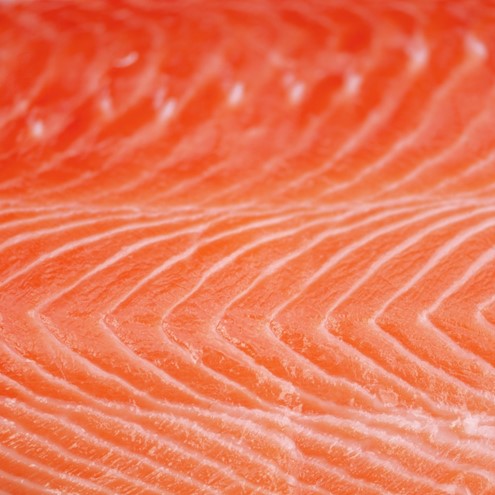Heart & Joint Health
Long chain omega-3s have important heart health benefits by improving blood flow to the heart and lowering harmful blood fats. Long chain omega-3s may be beneficial for the joints as they have powerful anti-inflammatory properties. Dietary guidelines recommend we consume 1 to 2 oily fish meals per week to meet our needs for long chain omega-3s. Regal King Salmon is one of the richest marine sources.
View Sources
NHFA Position statement. Dietary fats and dietary cholesterol for cardiovascular health 2009.V isit NFHA website. Omega-3 Centre Consensus Report, Omega-3 fatty acids for baby boomers, October 2008



![Tom Yum Pizza[1]](/media/py0clouw/tom-yum-pizza-1.jpg?anchor=center&mode=crop&width=400&height=300&rnd=132194929713900000)